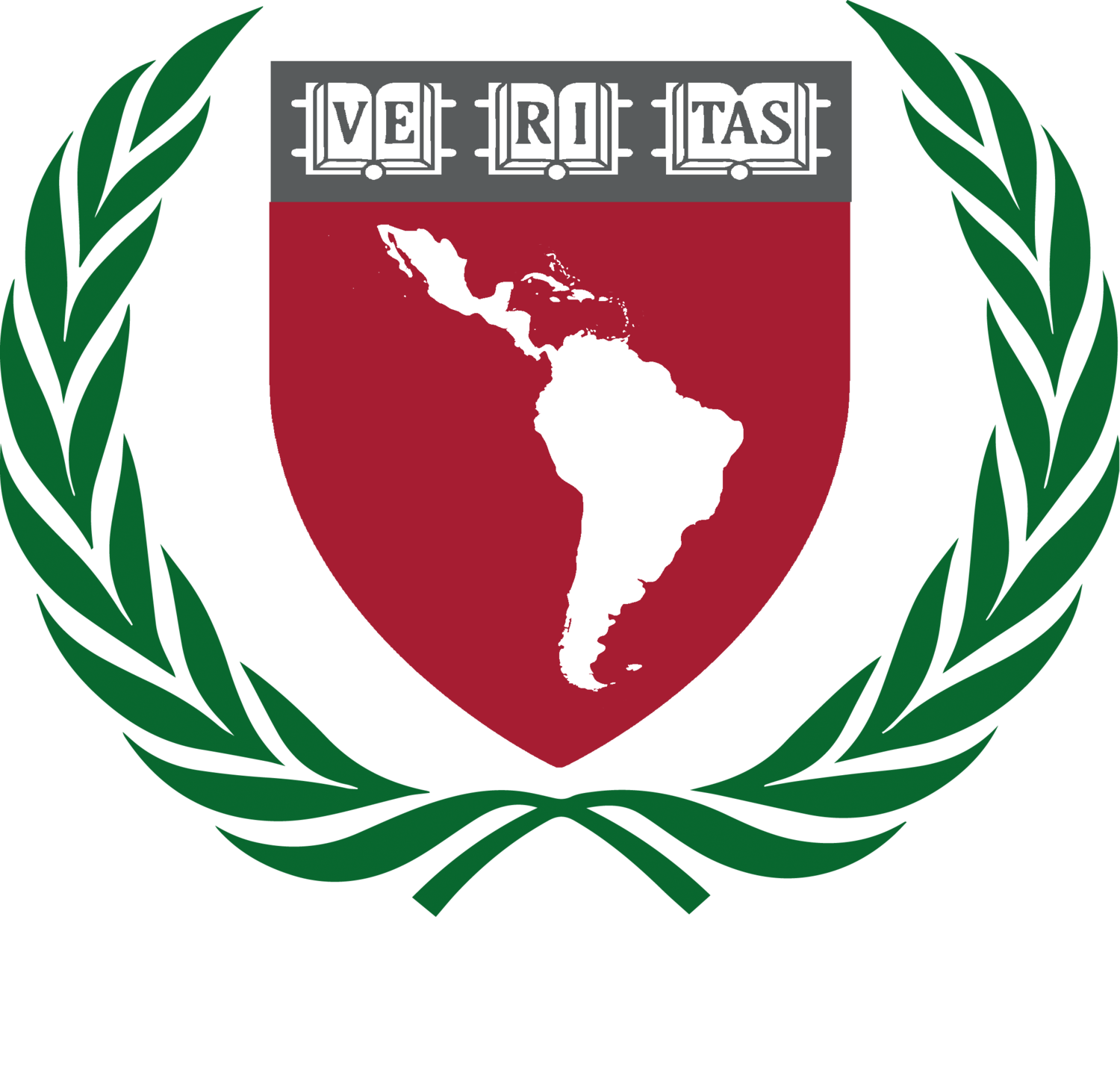STEVEN GIRALDO
Steven, a rising Junior at Harvard college, is majoring in Social Studies with a secondary on Data Analytics in Sociology. Originally from Medellin, Colombia, he moved to Miami eight years ago and discovered a passion for public speaking and debate. At Harvard, Steven serves as the Chief of Staff for Intercollegiate Model UN, competing semesterly in the college circuit and organizing fun social events for the Harvard team. He also contributes as a writer to The Crimson’s Opinion board, is a former intern at the Political Asylum and Immigration Representation Project, and works as a tour guide for Harvard’s campus.
Beyond academics, Steven enjoys Volleyball, longboarding, and baking, although he admits he's not great at any of them. After committee sessions you can find him hanging out with the rest of the team, or exploring the city and learning about its history. As his first time directing a committee for HNMUN LA, Steven is beyond excited and ready to see delegates come up with creative solutions for the historical committee of the Panama Canal.
If you have any questions about the committee, feel free to reach Steven at panamacanal@hnmunla.org.
topic: OCEANIC CONVERGENCE: THE CONSTRUCTION AND IMPACT OF THE PANAMA CANAL, 1901
The completion of the Panama Canal in 1914 marks a monumental feat in 20th-century global infrastructure and engineering. Extending about 50 miles across the Isthmus of Panama, this canal not only connected the Pacific and Atlantic Oceans but also revolutionized international maritime trade by significantly reducing trade route distances. While its impacts on the trading industry are widely acknowledged and celebrated, the politics leading to its construction are equally intricate and fascinating.
Starting in 1901, two years prior to Panama’s independence, this historical and fast-paced committee will navigate Panama's complex network of international influences and conflicting powers, including the United States, France, and Colombia. It will delve into the roles of these powers, the workforce utilized for the canal’s construction, political strategies, major trading companies, and the Panamanian people to grasp the origins and impacts of one of humanity's most significant infrastructure achievements. The committee will be composed of government officials, trading company leaders, worker representatives, engineers, the Panamanian people, and environmental leaders, enabling delegates to assess the influence of all stakeholders in shaping the construction, timeline, and impact of the Panama Canal.
Through the exploration of this intricate historical web, delegates can develop solutions that advance the Panama Canal's construction while addressing the diverse needs and aspirations of all involved parties, actively re-shaping history, and leaving behind a lasting legacy.


